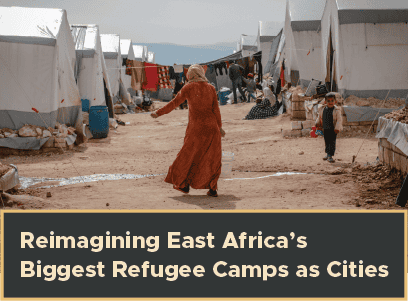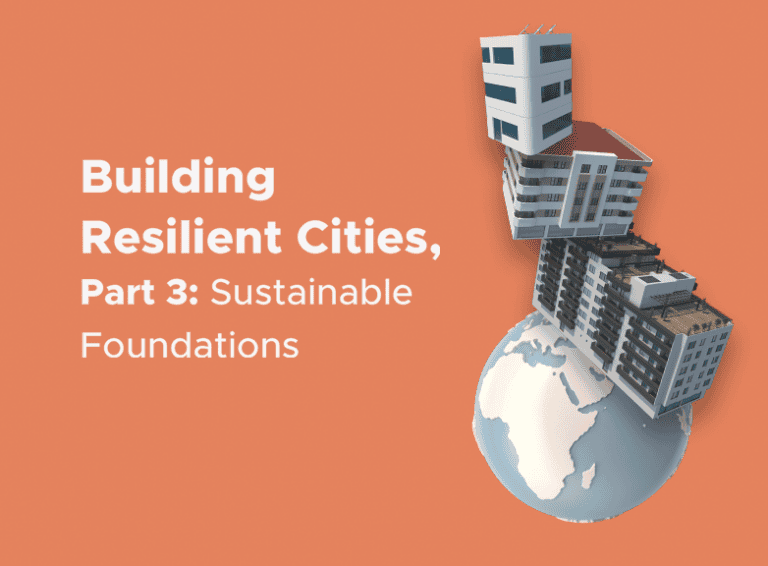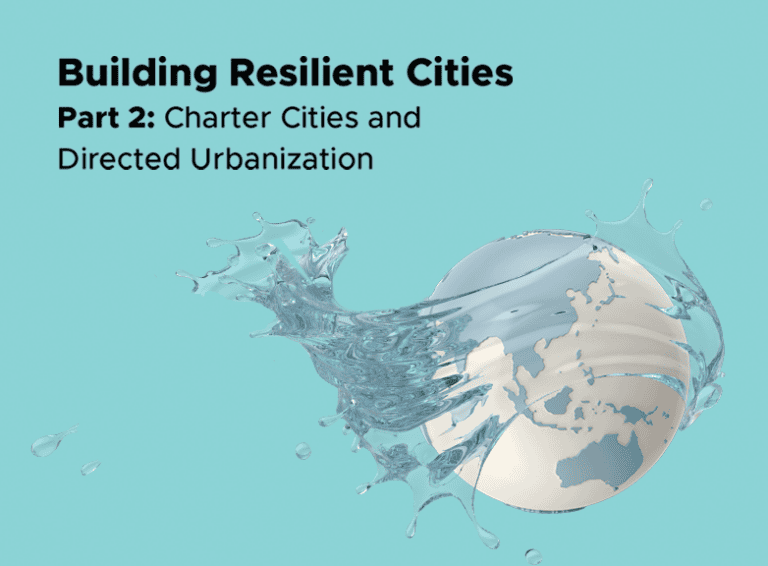
Reimagining East Africa’s Biggest Refugee Camps as Cities: A Timely Solution to East Africa’s Enduring Refugee Crisis
In the face of uncertainty surrounding the future of Kenya’s biggest refugee camps, a transformative approach emerges: turning refugee camps into semi-autonomous cities that offer refugees a second chance at a more dignified life. This week marks three years since the Kenyan government gave UNHCR









